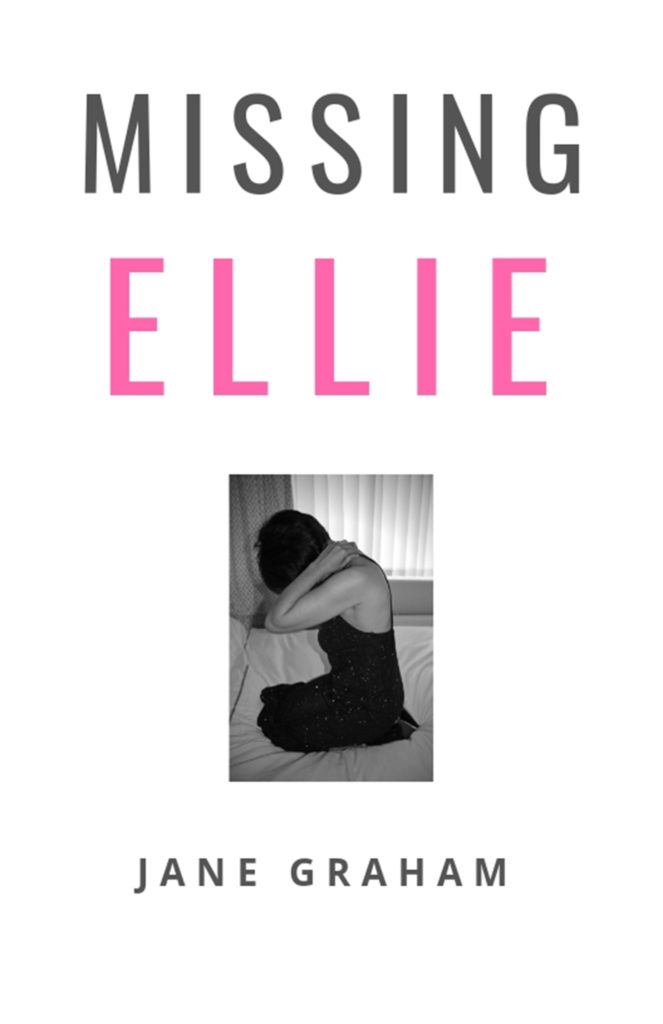Everything You Need To Know About Therapy

By psychotherapist Jane Graham, author of Missing Ellie
Making the decision to begin therapy rarely happens overnight. It’s likely that your weeks may have been peppered with good days and bad. On bad days we tend to find a determination to seek a therapist and make positive changes to our lives. On good days we can find ourselves procrastinating, believing that maybe we can muddle through with the problem by ourselves after all!
It’s like reaching a fork in the road. Stay on the same road and you’ll get the same results but at least you know the road. So it should be comfortable, right? But it isn’t. Because you still have the problem. While it can be daunting, taking a new road towards therapy can be an adventure which could change everything.
So what would a typical therapy journey look like?
Step 1 – Finding a therapist
– You may be referred by your GP or other health professional. If so, you are likely to be offered Cognitive Behavioural Therapy as NICE guidelines recommend this for low intensity treatment for anxiety and depression. You will probably be offered 6-12 sessions.
– You may choose to find a private therapist; in which case you can choose what type of therapy you prefer and decide how many sessions you wish to have.
Step 2 – 1st appointment, assessment and formulation
– Your first appointment will start the assessment process and this may be completed in one session or last for several sessions. Appointments usually last between 60 to 90 minutes. You will be asked lots of questions and also get the opportunity to find out more about the treatment and have any of your questions answered. By the end of the assessment your therapist will be able to formulate your issue and identify the best treatment for you.
Step 3 – The therapy itself
This is where the hard work happens and most therapists will expect you to spend time in-between sessions thinking about the work you are doing with them and undertaking behavioural activation to try out new ways of coping.
Step 4 – Ending therapy
Some types of therapy such as low intensity CBT won’t give much attention to endings, whereas other types of therapy will work on ending over several sessions. This is because most people tend to struggle with endings, often with avoidance or anxiety.
Step 5 – Consolidation
So therapy is finished! What now? Well, this is your time to bring together all that you have learned and experienced and continue to apply it to your life journey, building on your new resources as you go!
Jane Graham is a psychotherapist who specialises in working with trauma. She achieved a 1st class honours degree in Mental Health Nursing at the University of Central Lancashire. Missing Ellie is her first novel.
Missing Ellie by Jane Graham is available from Amazon as a paperback for £7.99.







